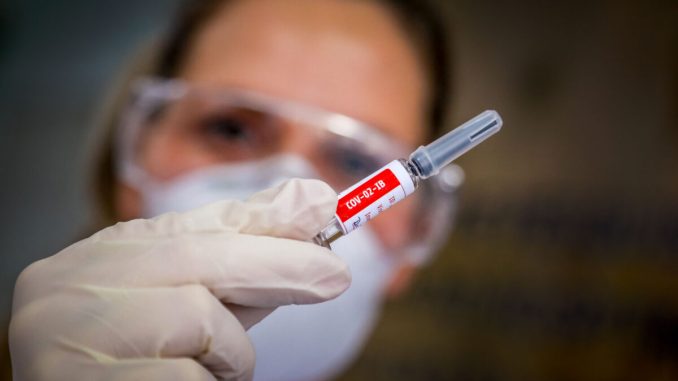
Commentary
The People’s Republic of China has embarked on a major international distribution push of Sinovac and Sinopharm vaccines worldwide.
Sinovac is one of China’s COVID-19 vaccines, which has now been made available to more than 45 countries, mainly in South America and Africa, but also in Singapore, Malaysia, the Philippines, Indonesia, and Turkey.
Sinopharm is a state-owned company, the vaccine of which has been either donated to or purchased by various countries. According to reports, the alleged success rate of Sinovac varies wildly, with Brazil claiming a success rate of barely 50.4 percent, while Turkey reported a 91.25 percent rate, and Indonesia 65.3 percent.
Disregarding the effectiveness of these vaccines, China’s contribution to the world vaccination effort has undoubtedly changed the global perception of China. From a country that negligently or deliberately concealed the existence of the virus (thereby allowing its spread) to a country that is part of the solution and an international saviour.
However, although China has indicated its willingness to distribute half a billion vaccines, scepticism in many countries, especially the United States, Australia, and Europe, with regards to China’s motivation in distributing the vaccines, continues unabated.
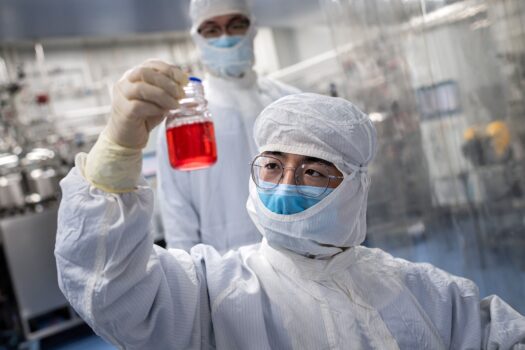
In Australia, there are claims that “Sinovac diplomacy” is a cynical effort by Beijing to take control of the COVID-19 narrative and to deflect attention from its initial unwillingness to allow a team of international experts and researchers to investigate the origins of the virus.
Nevertheless, experts from the World Health Organization tasked with discovering the origins of the virus failed to dispel the perception that their visit to Wuhan was an orchestrated event to hide the truth.
In this context, one could ask whether Sinovac diplomacy is either a building block—or a complement to—China’s ambitious Belt and Road Initiative (BRI).
Although the linkage between Sinovac diplomacy and the BRI is not often made in the media, it is not preposterous to consider whether China’s motivations regarding Sinovac and BRI projects overlap or are complementary.
The Belt and Road Initiative (BRI) is a monumental project, commencing in 2014, to rejuvenate the old Silk Road. It provides opportunities for China to build infrastructure in numerous countries in Asia, Africa, and Europe.
These infrastructure projects include the building of airports, seaports, roads, train stations, among other projects.
However, while BRI potentially brings a few tangible benefits to the country of investment, it undoubtedly transforms many recipient countries into vassals of China through the use of “debt-trap diplomacy” to expand its influence.
The distribution of COVID-19 vaccines equally expands China’s influence worldwide, especially in cases where the vaccines are donated. Hence, the question could be asked whether Sinovac diplomacy is another attempt to serve the geopolitical interests of China and to secure influence in the world, especially in developing countries in Africa.
Even a perfunctory assessment of Sinovac diplomacy and the BRI suggests that China is motivated by its desire to expand its geopolitical footprint around the world.
This assessment appears to be shared with Australia’s federal government, which has scuppered the Belt and Road Agreement which the Daniel Andrews government of Victoria had signed. And neither the Sinovac nor Sinopharm vaccines are available in Australia.
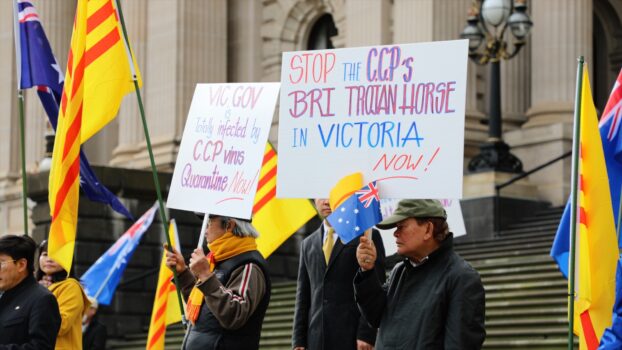
China’s charitable and commercial approaches cannot hide the fact that an accurate and objective assessment of the motivations underlying them is stifled by its reluctance to protect freedom of speech.
A few years ago, I attended a conference in Hangzhou where I delivered a paper on the rule of law, which I said was a precondition for expanding profitable trade and commercial links with China.
On the way to the airport, I shared a taxi with a prominent Chinese professor who indicated that China’s spectacular economic success story would eventually be followed by a substantial relaxation of freedom of speech in China. This, they expected, would happen within a few decades.
These expectations are possibly unwarranted because those who wield power in a one-party state are not likely to abandon it willingly, and the political and intellectual elites may not want any change in China’s direction.
I have taught scores of Chinese students, both in China and in Australia and Hong Kong, and most are keen to sit for the examination that will make them eligible to become members of the Chinese Communist Party (CCP) and to receive the benefits which membership has to offer them.
It could be argued, however, that Beijing’s increased belligerence on the world stage—whether it be the militarization of the South China Sea, its takeover of Hong Kong, its threats against Taiwan, human rights abuses in Xinjiang, and its “wolf-warrior diplomacy” against Australia—do nothing but signal the regime’s contempt for the international community, and alienate the attractiveness of CCP membership for Chinese youths.
Meanwhile, Sinovac diplomacy and the BRI, which appear to be unrelated and independent of Beijing’s belligerent actions in recent times, ultimately serve to push the regime’s geopolitical interests.
Gabriël A. Moens AM is an Emeritus Professor of Law at The University of Queensland. He served as Dean of Law and Pro Vice-Chancellor at Murdoch University. He is the author of short stories and a novel about the origins of the Covid-19 virus, A Twisted Choice (Boolarong Press, 2020).
Views expressed in this article are the opinions of the author and do not necessarily reflect the views of The Epoch Times.


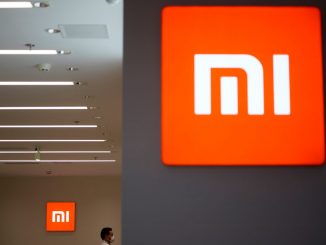

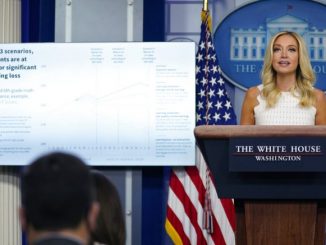
Be the first to comment